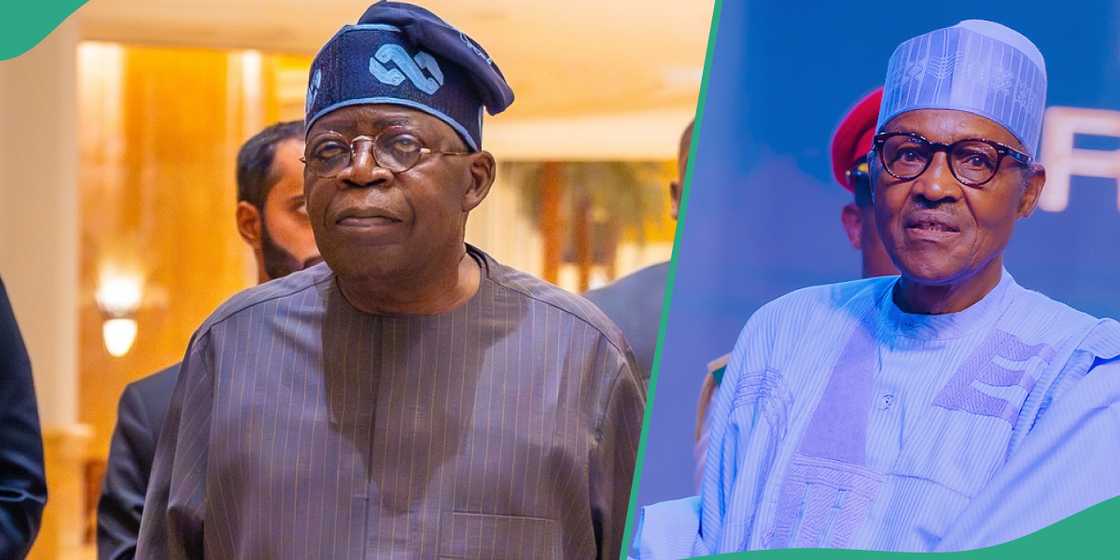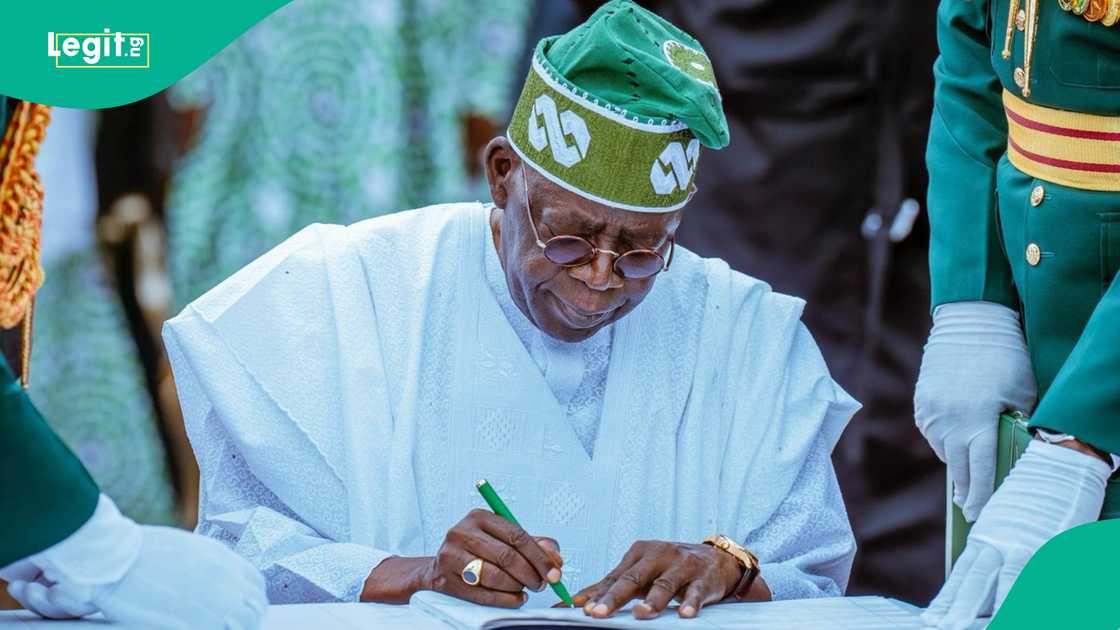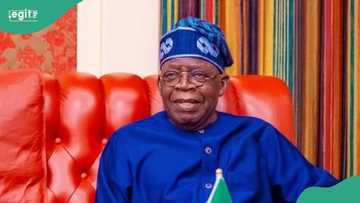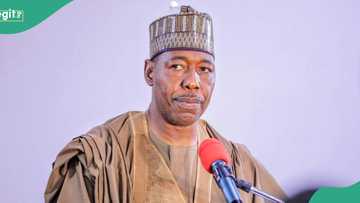Nigeria’s Debt Soars to N149trn Under Tinubu: How It Compares to Buhari’s Borrowing Legacy
- With two major loan requests before the National Assembly, President Tinubu could soon surpass Buhari’s debt record, sparking nationwide debate
- Tinubu has sent two requests to the National Assembly to allow him to borrow almost $22 billion
- If approved, the new borrowings will tip Nigeria’s debt over the edge to over N182 trillion. But who borrowed more? Buhari or Tinubu?
Legit.ng’s Pascal Oparada has reported on tech, energy, stocks, investment and the economy for over a decade.
Nigeria’s debt profile has reached worrying new heights. While borrowing is a typical tool for development, the pace and volume under Muhammadu Buhari and Bola Tinubu paint a troubling picture for future generations.
Their borrowing trajectories are not only shaping Nigeria’s fiscal health but also the financial future of every Nigerian.

Source: Facebook
Debt grew by over 620% under Buhari
When President Muhammadu Buhari took office in 2015, Nigeria’s total public debt stood at N12.06 trillion.
By the end of his tenure in May 2023, that number had ballooned to N87.38 trillion, a jaw-dropping increase of over 620%.
The spike was driven by persistent budget deficits, large-scale infrastructure spending, and the N22.7 trillion "Ways and Means" borrowing from the Central Bank.
Debt per capita skyrocketed during his rule
This aggressive borrowing spree had serious consequences for citizens.
Debt per capita, the average debt burden on each Nigerian, rose steeply.
The government increasingly allocated its revenue toward debt servicing, leaving less for health, education, and social programmes, essentials that impact everyday life for millions.
Tinubu continues the high-borrowing trend
President Bola Tinubu inherited Buhari’s towering debt and has, in just under two years, ramped it up further.
As of March 2025, Nigeria’s public debt stood at N149.39 trillion, representing a 64% increase since he took office.
Tinubu’s administration has also proposed fresh foreign loans of $24.14 billion, which, if approved, could push debt beyond N180 trillion.
Reforms add pressure to borrow more
Tinubu’s bold reforms, such as removing fuel subsidies and unifying the naira’s exchange rate, were aimed at economic stability but created short-term fiscal pressure.
To manage the shock and sustain infrastructure projects, the government leaned more heavily on both domestic and external borrowing.
A weakening naira further compounds the debt burden, making foreign loan repayments even more expensive.
Debt metrics near critical thresholds
Though Nigeria’s debt-to-GDP ratio remains within “acceptable” limits globally, it has surged from 23.2% in 2022 to over 53.7% by December 2024.
More alarming is the debt service-to-revenue ratio, which shows the government spends more on repaying loans than on capital investment.
This trend threatens long-term economic growth and puts Nigeria on a dangerous fiscal path.
Average Nigerians face the harsh reality
For everyday citizens, the rising debt means fewer job opportunities, higher inflation, and reduced access to public services.
Each Nigerian now theoretically carries a heavier debt load — one they didn’t incur but must still bear.
Without a drastic shift toward sustainable revenue generation and disciplined spending, future generations may inherit a debt trap they never chose
Can Nigeria avoid a full-blown debt trap?
As Nigeria's debt nears N150 trillion, and possibly N180 trillion, Nigerians are left asking: How long can this continue?

Source: Facebook
While infrastructure development is crucial, unchecked borrowing could push the country into an economic chokehold.
For Nigeria to break free, it must urgently find a balance between funding development and safeguarding its financial future.
Tinubu seeks fresh $347 million loan
Legit.ng earlier reported that President Bola Ahmed Tinubu has written to the House of Representatives, seeking approval for an additional $347 million external loan as part of the federal government’s 2025–2026 borrowing plan.
The loan, he said, is required to meet the increased funding needs of the Lagos-Calabar Coastal Highway, whose cost has reportedly risen from $700 million to $747 million
The request was contained in a letter read on the House floor on Wednesday, July 17, by Speaker Abbas Tajudeen.
Source: Legit.ng




